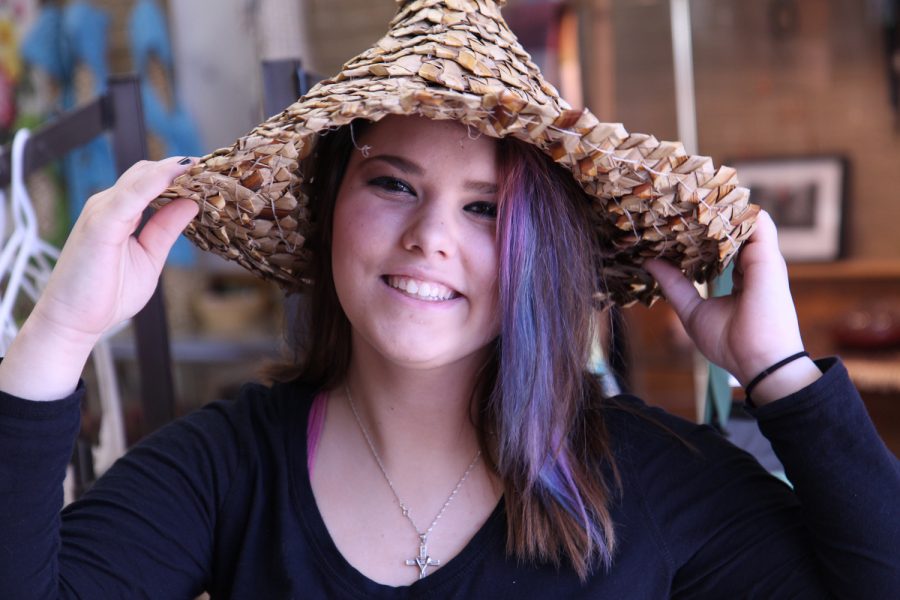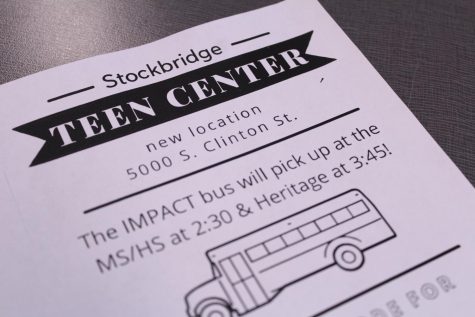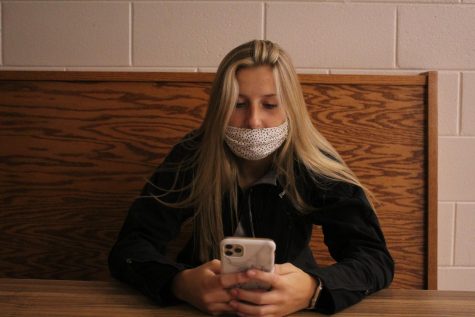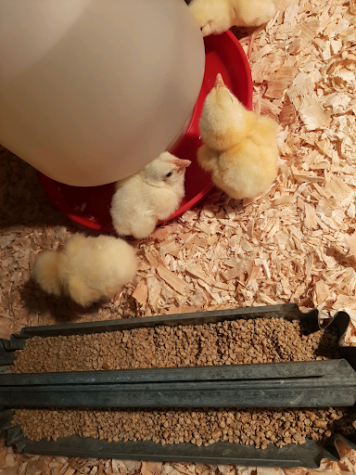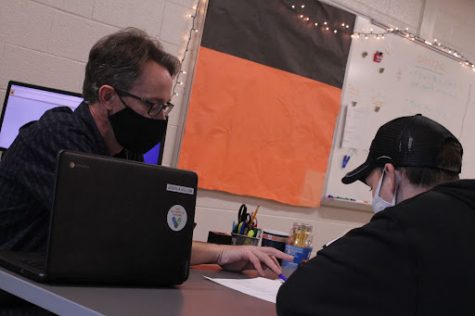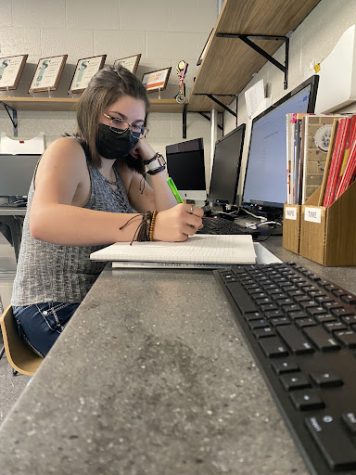Fair Trade Fashion
Fighting back against sweatshops and child labor
The store carries another sun hat that is made for working in fields and protecting the head/face from the sun.
Bloody and prodding fingers graze over the overpriced fabric laying on the teenager’s back. These fabrics take the childhood from children who went from the crib to the factory. Unethical working conditions, low wages and long hours are seen in clothing companies around the world. Name brand clothing that students purchase and wear every day is often made by companies using child labor.
Stores such as Banana Republic, Calvin Klein, Walmart, Old Navy and Nike are only a few of the many massive corporations that use sweatshops and child labor according to “The Journal,” a magazine designed to inform tech savvy teachers.
The treatment of children and adults in these shops, who often work hours into the night and early into the morning, and make only cents to their name, is at the fault of their employers.
There are ways to fight back against the injustice to these children, and it is by not buying from companies that participate in these unfair work conditions.
These workers who practice their trade in these shops are only being paid cents an hour by the employer as stated by War on Want’s, an organization working against sweatshops. An average family in Bangladesh, makes 8 cents, or 6.67 taka, a Bangladeshian form of currency, an hour.
Online companies are being taken by storm in the fair trade market. Stores like Indigenous, support and preserve fair trade wages and artisan cooperatives by paying workers full wages and giving them clean areas to work, shipping all over the world.
For those who enjoy shopping in person and seeing all the options, stores like The Global Marketplace in Chelsea are a great option. The store sells clothing, accessories and other handmade crafts that are not manufactured in a sweatshop.
“I think it is starting to have an influence as consumers begin to know about fair trade and socially responsible businesses,” Global Marketplace store owner Kevin Frahm says. “While Walmart carrying fair trade coffee is a huge win for that farmer-owned cooperative, does it allow Walmart to give the mistaken impression that they are socially responsible, when many believe their track record of how they treat their own employees is less than stellar.”
The store sells many items consisting of jewelry, clothing, hats and scarves, and trinkets.
“The clothing in the store has a modern feel to it,” sophomore Elyssa Visel said. “The store has a positive vibe, and the store owner was very kind and helpful.”
Chelsea is considered a fair trade city. From coffee shops to clothing stores, one can purchase many items from companies that treat their employees fairly.
“It is simply the right thing to do,” Frahm says. “These people are fully realized people who have the same hopes, dreams, desires, problems, dysfunctions that the rest of us do. We need to see them as equals not as people we are giving charity to.”
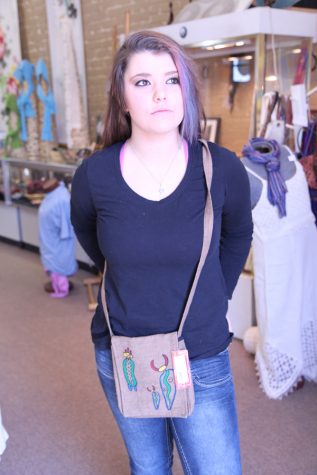
This purse was a canvas material with cute little designs on the flap. Purses under $25 can be purchased at The Global Marketplace.
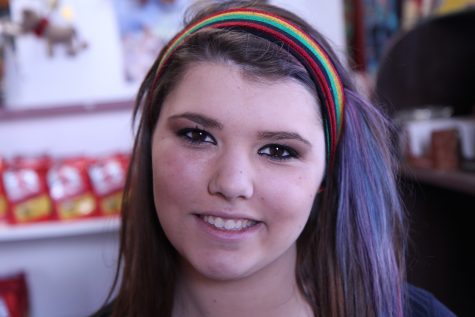
Bob Marley inspired clothing sold for three dollars and tax can be easily worn with anything.
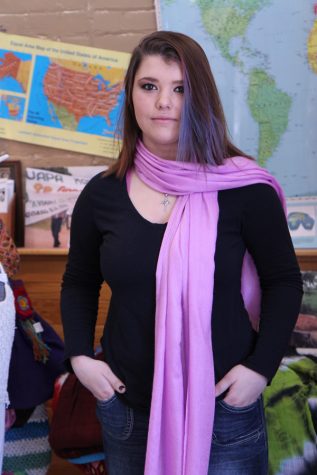
Baby pink scarves match many clothing choices and give your outfits flair. The scarf is $20.
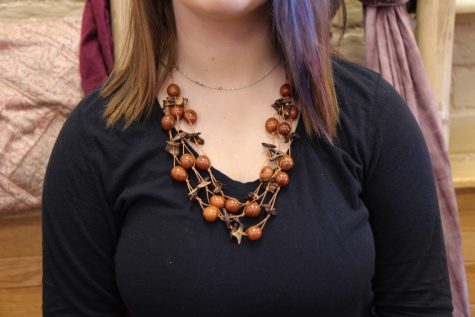
This hand made necklace is a cute accessory to darker clothing. Made of “chunky wood”, its price is $24.
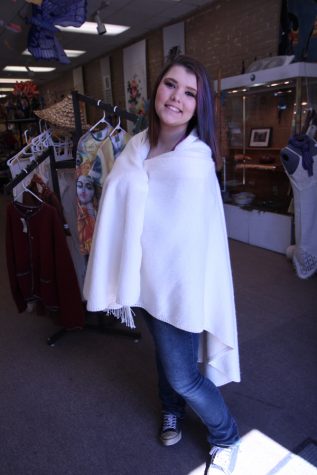
While it might be out of a price range, this Alpaca cape would make a great cold day accessory. It can be purchased for $175.

I received an invitation to join the newspaper in my ninth grade year around scheduling time. This opportunity led to an experience I never even thought...



